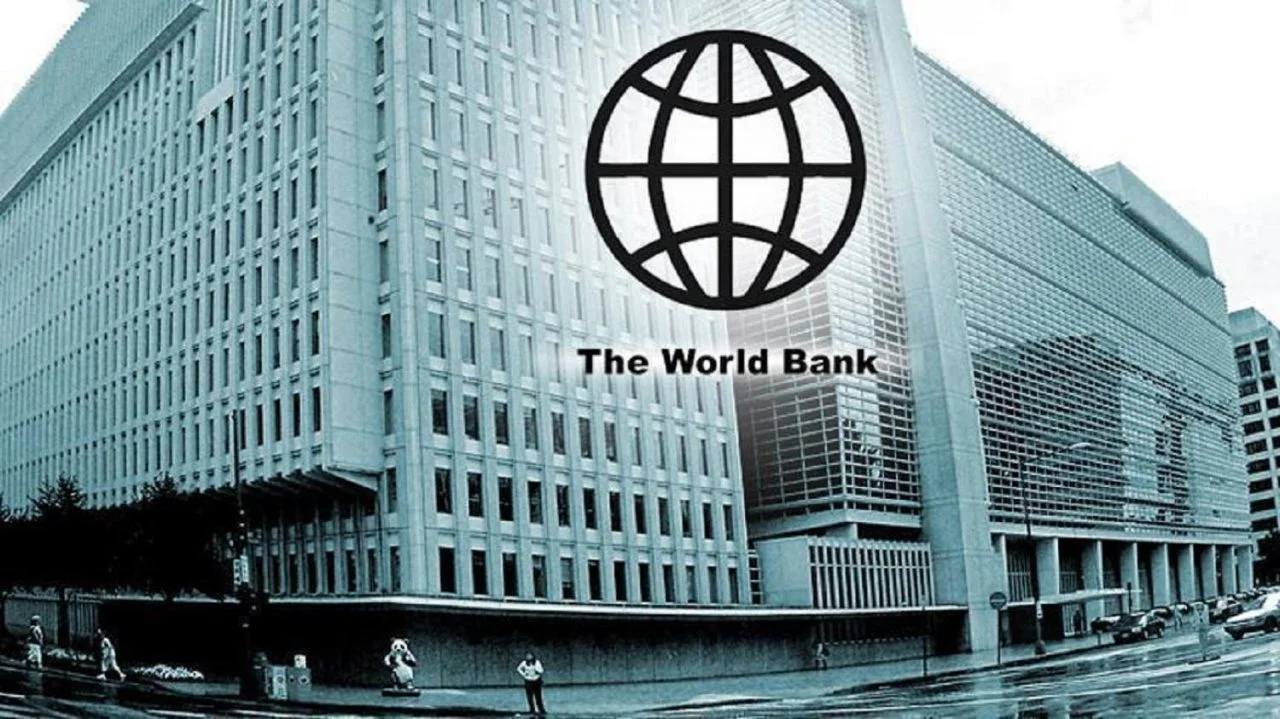The International Monetary Fund has offered reasons for asking Nigeria to remove fuel subsidies.
The Director, African Department of the Fund, Abebe Selassie, offered the explanation in Washington DC, United States.
Selassie spoke at the ongoing Spring Meetings of the IMF and World Bank.
He said: “Subsidies are about resource allocation internally within Nigeria.

“So Nigerians, the people of Nigeria, pay for these subsidies.
“And what’s the reason why we counsel against such generalised subsidies is very simple.
“It tends to be highly regressive, meaning the benefits of such, you know, fuel subsidies, tend to accrue to the rich and segments to reach out to people and the poor people.
“So it’s people that are driving these large cars, with big houses, who want to see subsidised fuel.
“They’re the ones benefiting relative to the poor and vulnerable in Nigeria.
“So you know, they are not only people paying for the subsidies in Nigeria.
Also Read:
- Police constable recruitment: Successful candidates get date to resume training
- House Public Accounts Committee recovers additional $14m from oil companies
- Eid al-Fitri: Obasa felicitates Muslims, urges support, prayers for Tinubu
- Aisha Achimugu declared wanted by EFCC speaks, defends business practice
- Police rescue two kidnap victims, hunt for alleged abductors
“It’s the poorest segments of society that actually are losing out and resources could, instead, of course, be used to improve conditions for poorer people instead of accruing to rich people.
“That’s why subsidy reform is important.
“We applaud the government for the steps the government took to reduce the extent of subsidies.
“I think as oil prices have become volatile, the level of subsidy has also moved up and down.
“But I think you know, the direction of travel, I think, is to remove the subsidies and use the resources to provide social protection for the most vulnerable households.”


